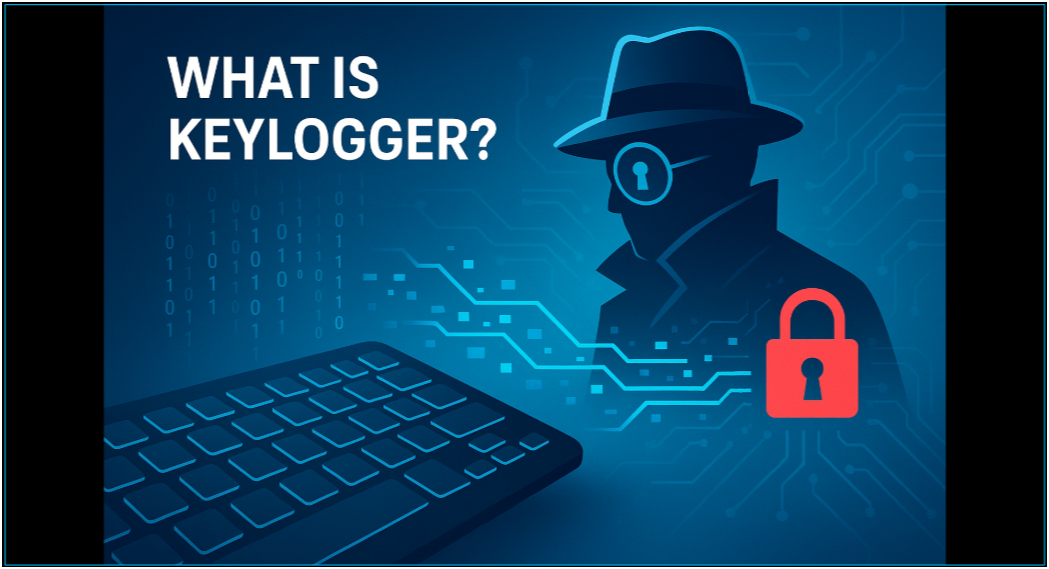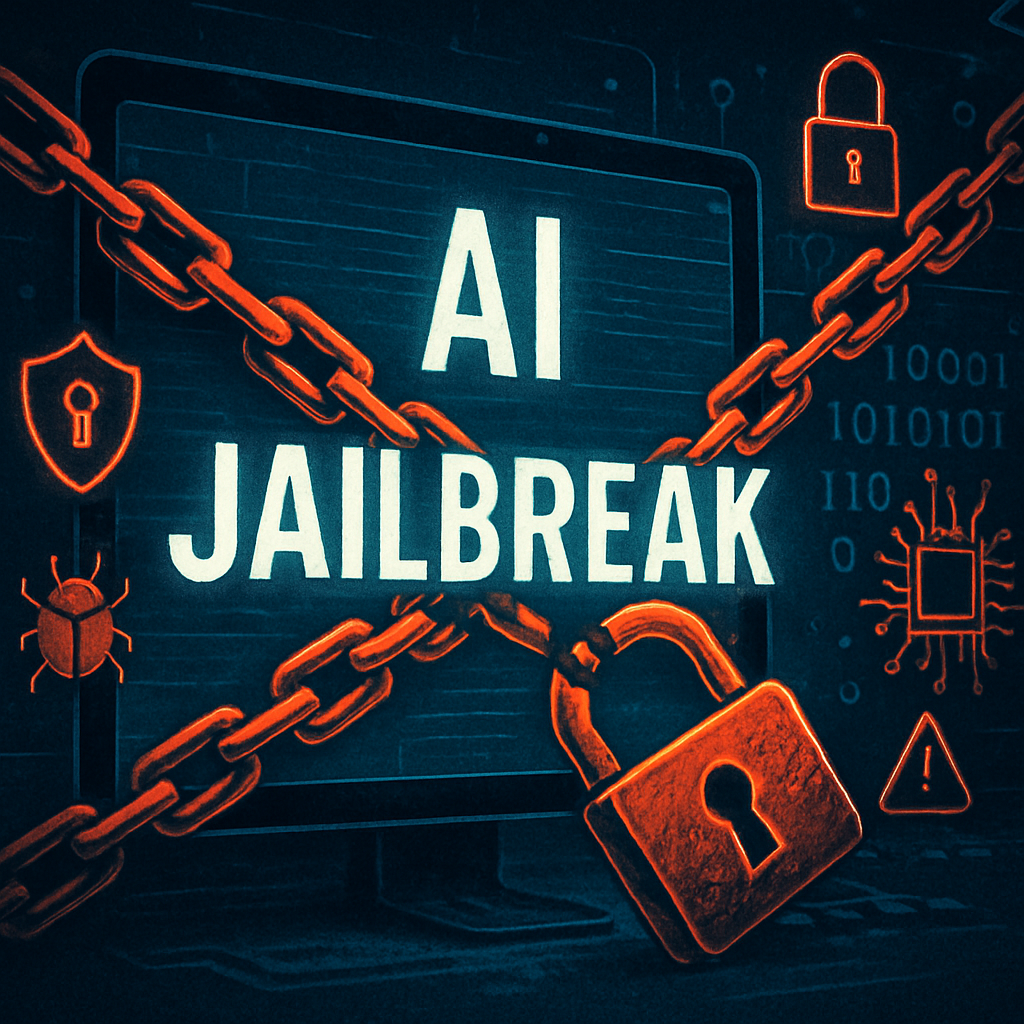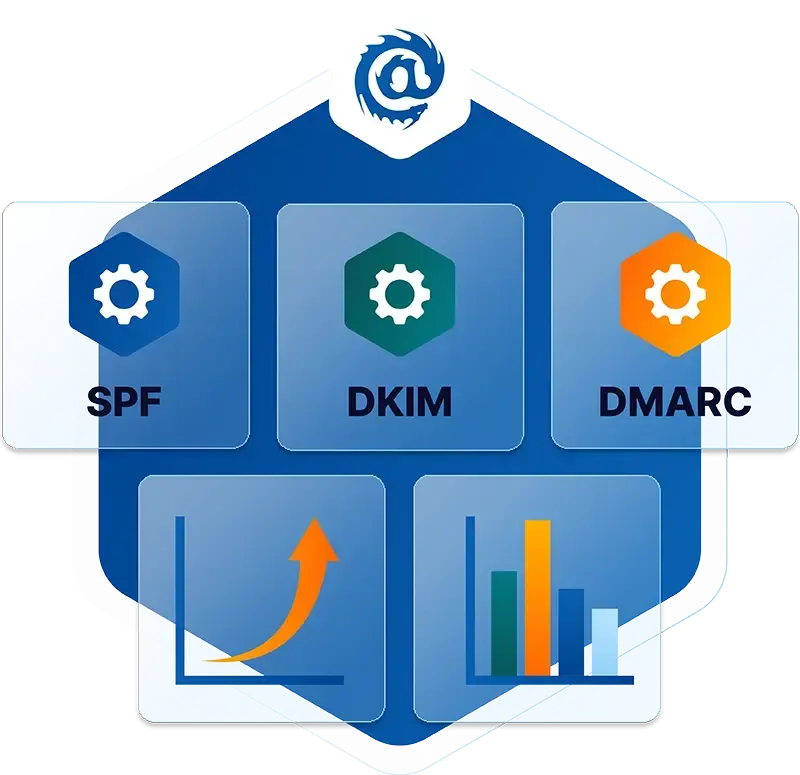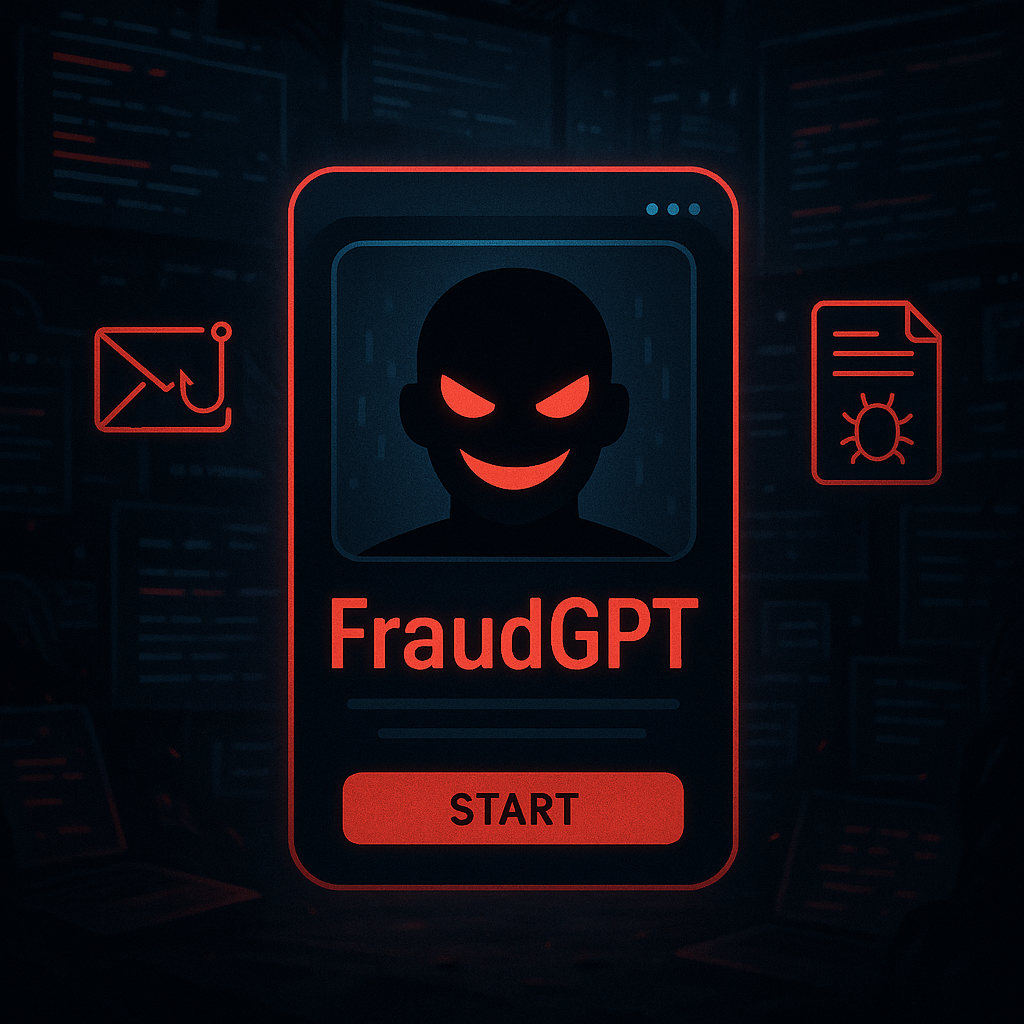Table of Contents
DKIM Explained
DKIM (DomainKeys Identified Mail) is an email authentication technique that helps protect both senders and recipients from fraudulent emails. DKIM uses digital signatures to analyze incoming emails from the sending domain, and then compares this signature with public information stored in the DNS (Domain Name System). DKIM provides a way for receivers of email messages to verify if a message was in fact sent and authorized by the sender's domain.
DKIM also allows for messages to be signed, meaning that the message can be trusted to have come from the purported sender. DKIM is an important tool for email security, and any business sending emails should employ DKIM to protect their communications.
How does DKIM work?
DKIM works by using a pair of encryption keys - one public and one private - to authenticate email messages. When an outgoing message is sent, DKIM adds a digital signature to the header of the message. This DKIM signature contains information about the sending domain, including its public key.
When an incoming message arrives at its destination address, the mail service can verify the authenticity of the email with a DKIM signature that is checked against the public key of the sending domain. If DKIM finds a match, it knows that the message was in fact sent from that address. DKIM is a powerful way to ensure that emails are from the displayed domain, and that the message has not been tampered with in transit.
By using DKIM, organizations can protect their email communications and make sure that messages are coming from trusted sources. DKIM also helps reduce the amount of spam and phishing attempts, as DKIM's verification helps block emails from fraudulent sources. It also helps preserve the integrity of sender domains and protect their reputations, as DKIM-signed messages are more likely to be trusted by email providers than those without DKIM signatures.
The Shortcomings of DKIM
DKIM does not provide complete protection against spam and phishing attempts, as its signatures can be forged by malicious actors. It also requires organizations to have the right infrastructure in place to manage DKIM keys and configure them properly—if not done correctly, DKIM may fail to protect messages from spoofing or tampering. Additionally, DKIM does not provide end-to-end encryption for messages, therefore, it does not protect against message content being read by unauthorized parties. As a result, DKIM should be used in tandem with other email security measures to ensure the highest level of protection against malicious emails.
In addition to DKIM organizations should add other layers of email security such as SPF and DMARC to ensure their emails are authenticated, that the correct IPs are sending outbound emails, and that malicious actors can’t exploit DKIM's weaknesses.
By leveraging DKIM with other email security measures organizations can better protect themselves from malicious actors attempting to spoof or tamper with their emails and increase the trustworthiness of their emails.
Move Beyond DKIM with IRONSCALES
DKIM is a great first step in protecting from malicious actors, however, it does have some vulnerabilities that can be exploited. To further protect your organization and provide truly comprehensive email and messaging security for organizations should consider IRONSCALES™ combined with security measures like DKIM, SPF, and DMARC. IRONSCALES is an automated email security solution powered by artificial intelligence and machine learning to automatically detect and stop advanced phishing attacks like spoofing, impersonation, business email compromise (BEC), and more. The API-based anti-phishing platform allows for truly comprehensive email and messaging security beyond basic security measures like DKIM.
Check out the complete IRONSCALES email security solution here.
Explore More Articles
Say goodbye to Phishing, BEC, and QR code attacks. Our Adaptive AI automatically learns and evolves to keep your employees safe from email attacks.

/Concentrix%20Case%20Study.webp?width=568&height=326&name=Concentrix%20Case%20Study.webp)












